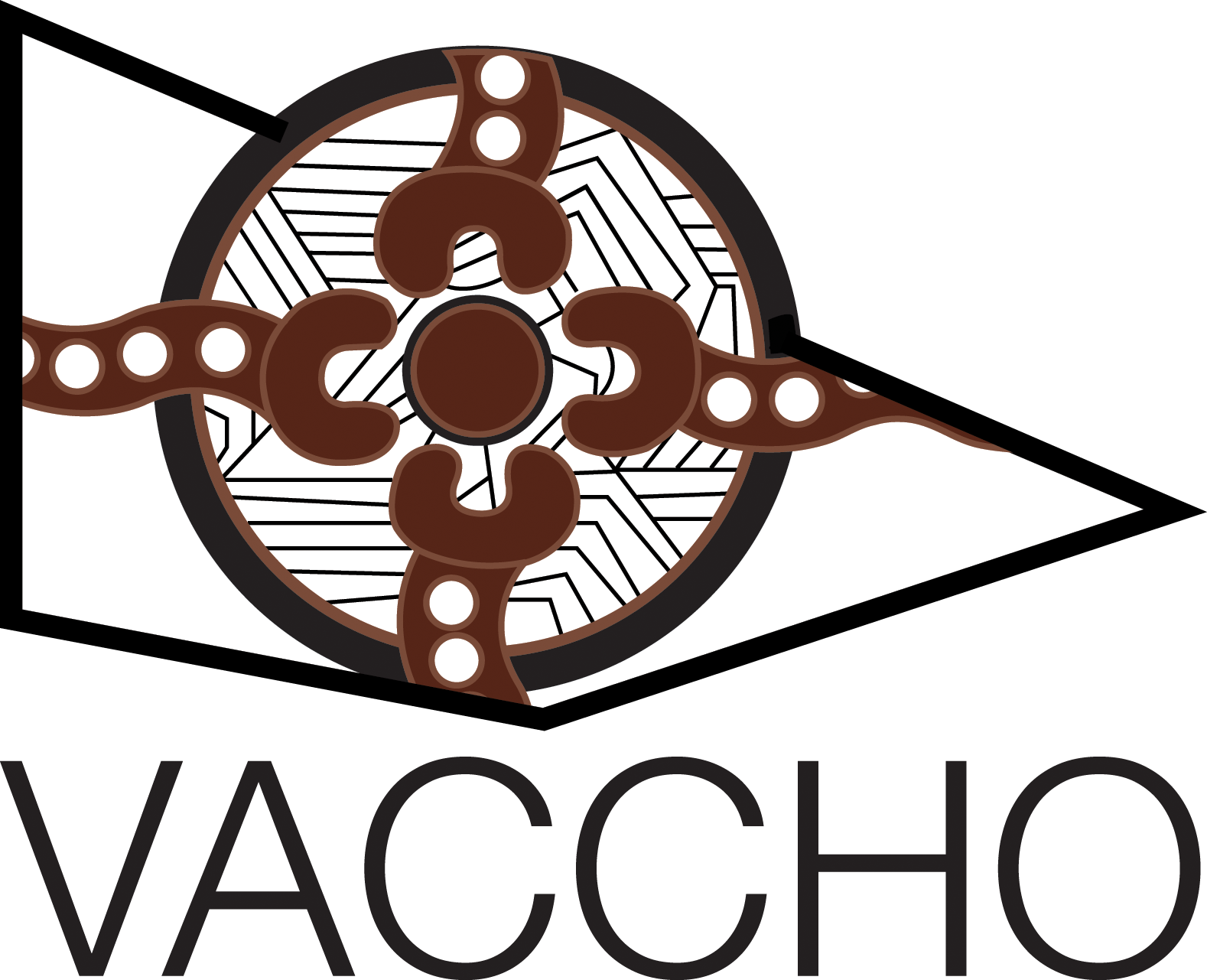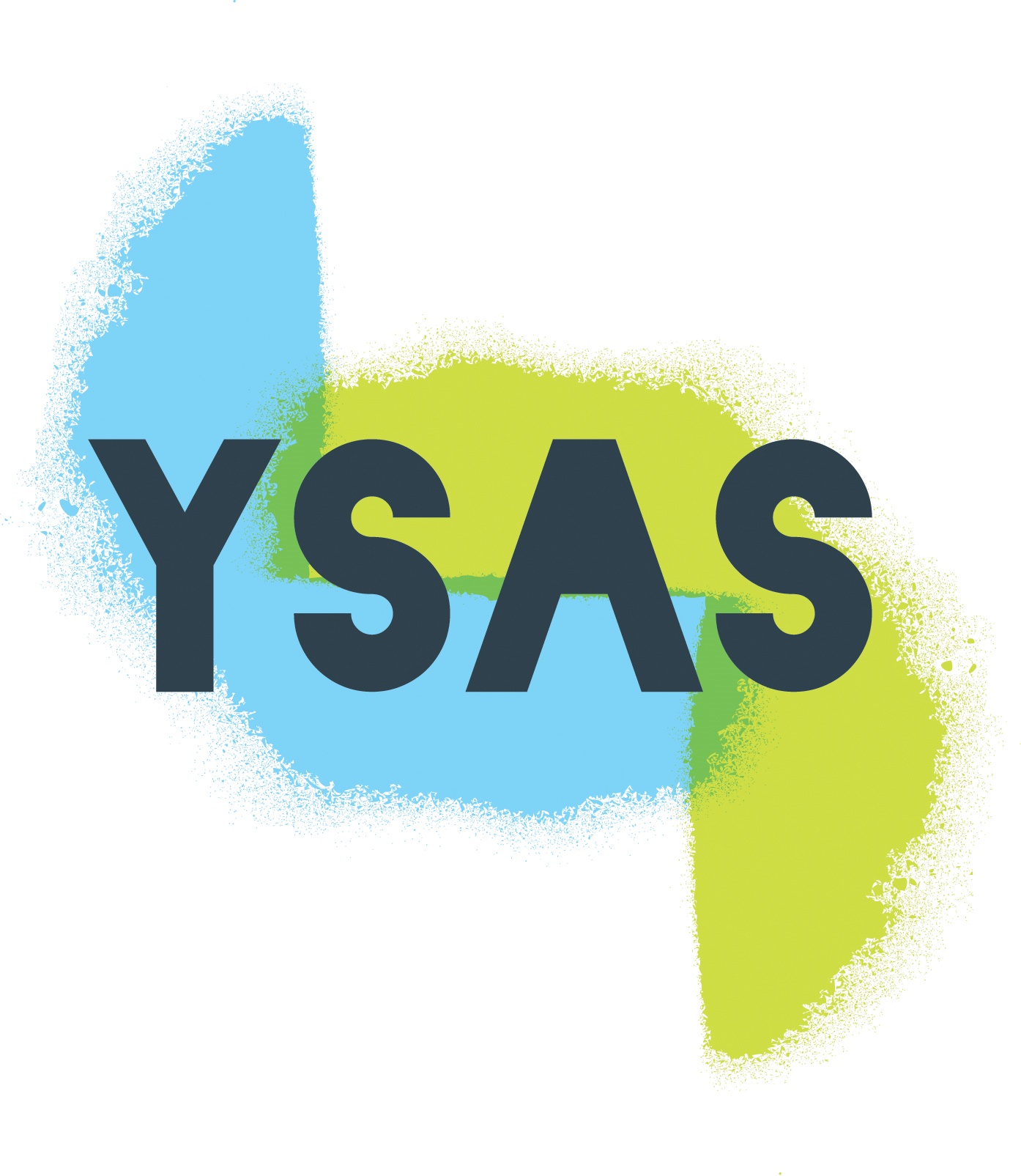IMPORTANT: registrations for training will become live approximately two months prior to start of training. To enrol in this or any training, you must click the link below and fill in the registration. If you do not complete the registration, you will not have a place in the training. If you experience a broken link, please get in touch with us at elevate@vaada.org.au
****
Motivational Interviewing (MI) is a collaborative method for guiding conversations about change. More than a set of techniques, MI is a discipline in its own right that brings together a set of values, principles and disciplined use of skills to assist people to resolve ambivalence and deepen motivation to pursue the changes that are meaningful for them.
While the skills do take time and practice, the style of conversation is gentle, curious and comes from a place of faith in the other person. The hope is that, together, we may discover what is meaningful for this person and what choices would work best for them, knowing who they are and what they deep down really want for their future. MI asks us to be mindful of the way our own hopes and assumptions can interfere in the process as much as they can help, and create a space of genuine enquiry and deepening understanding.
Rather than replace other approaches, MI has a capacity to enhance and deepen the full range of interventions we use by bringing a more acute awareness to the how and when of conversation, rather than just what we talk about.
The training is highly interactive, with a focus on practical skill development. The two-day workshop will offer an opportunity to:
- Gain a clear and up-to-date understanding of MI – what it is, how it works and recent changes to the framework
- Increase understanding of the change process
- Review and practice the core skills
- Apply the skills to the change process
- Increase ability to work effectively with resistance and ambivalence
- Practice skills in softening sustain talk and eliciting change talk
- Develop strategies to continue learning and practicing MI.
IMPORTANT: registrations for training will become live approximately two months prior to start of training. To enrol in this or any training, you must click the link below and complete the registration. If you do not complete the registration, you will not have a place in the training. If you experience a broken link, please get in touch with us at elevate@vaada.org.au
****
Motivational Interviewing (MI) is a collaborative method for guiding conversations about change. More than a set of techniques, MI is a discipline in its own right that brings together a set of values, principles and disciplined use of skills to assist people to resolve ambivalence and deepen motivation to pursue the changes that are meaningful for them.
While the skills do take time and practice, the style of conversation is gentle, curious and comes from a place of faith in the other person. The hope is that, together, we may discover what is meaningful for this person and what choices would work best for them, knowing who they are and what they deep down really want for their future. MI asks us to be mindful of the way our own hopes and assumptions can interfere in the process as much as they can help, and create a space of genuine enquiry and deepening understanding.
Rather than replace other approaches, MI has a capacity to enhance and deepen the full range of interventions we use by bringing a more acute awareness to the how and when of conversation, rather than just what we talk about.
The training is highly interactive, with a focus on practical skill development. The two-day workshop will offer an opportunity to:
- Gain a clear and up-to-date understanding of MI – what it is, how it works and recent changes to the framework
- Increase understanding of the change process
- Review and practice the core skills
- Apply the skills to the change process
- Increase ability to work effectively with resistance and ambivalence
- Practice skills in softening sustain talk and eliciting change talk
- Develop strategies to continue learning and practising MI.
IMPORTANT: registrations for training will become live approximately two months prior to start of training. To enrol in this or any training, you must click the link below and complete the registration. If you do not complete the registration, you will not have a place in the training. If you experience a broken link, please get in touch with us at elevate@vaada.org.au
****
The 2-day training is provided in a blended format with both in-person and self-paced online learning. This workshop provides skills in facilitating productive and efficient family meetings where resource building and meeting the developmental needs of young people are central. Particular attention is given to the process of negotiating when and how to bring family members together to ensure the primary relationship between the young person and the practitioner is maintained.
Learning outcomes:
- Describe the rationale and practice principles underpinning Single Session Family Consultations (SSFC) and its place within a comprehensive response to families
- Unpack the conceptual and practical contributions of Single Session Thinking and Family Consultation to the model
- Outline and consideration of key tasks in convening an SSFC
- Describe and demonstrate the key stages of SSFC with young people
IMPORTANT: registrations for training will become live approximately two months prior to start of training. To enrol in this or any training, you must click the link below and fill in the registration. If you do not complete the registration, you will not have a place in the training. If you experience a broken link, please get in touch with us at elevate@vaada.org.au
****
Youth-focused AOD Practice Program
This training program aims to increase the capacity of practitioners to effectively support and respond to the needs of young people who are using substances while also promoting the integration of contemporary evidence-informed youth AOD perspectives into care planning and coordination.
This training program contains 4x courses:
- Youth AOD 1 – Half-day Attachment and Trauma in Youth AOD work
- Youth AOD 2 – Half-day Developmentally Conducive Practice
- Youth AOD 3 – Half-day Young people & AOD
- Youth AOD 4 – Half-day Resilience Care Planning
It is highly recommended that the participants attend the 4 sessions.
This training will provide the participants with the opportunity to engage in an open exploration of the theories, evidence, frameworks and practice wisdom that informs contemporary youth AOD practice as well as participating in group discussions and interactive contextualising activities.
This workshop will provide an introduction to effectively understanding and responding to young people who are experiencing AOD problems. It will build on the 2 previous workshops in exploring and understanding the drivers and functions of AOD use in the lives of young people.
Learning Outcomes:
- Perspectives on Youth AOD issues
- Harm reduction
- Understanding the function of substance use and exploring alternatives.
- Introduction to Young People and AOD
- Communicating effectively with young people




